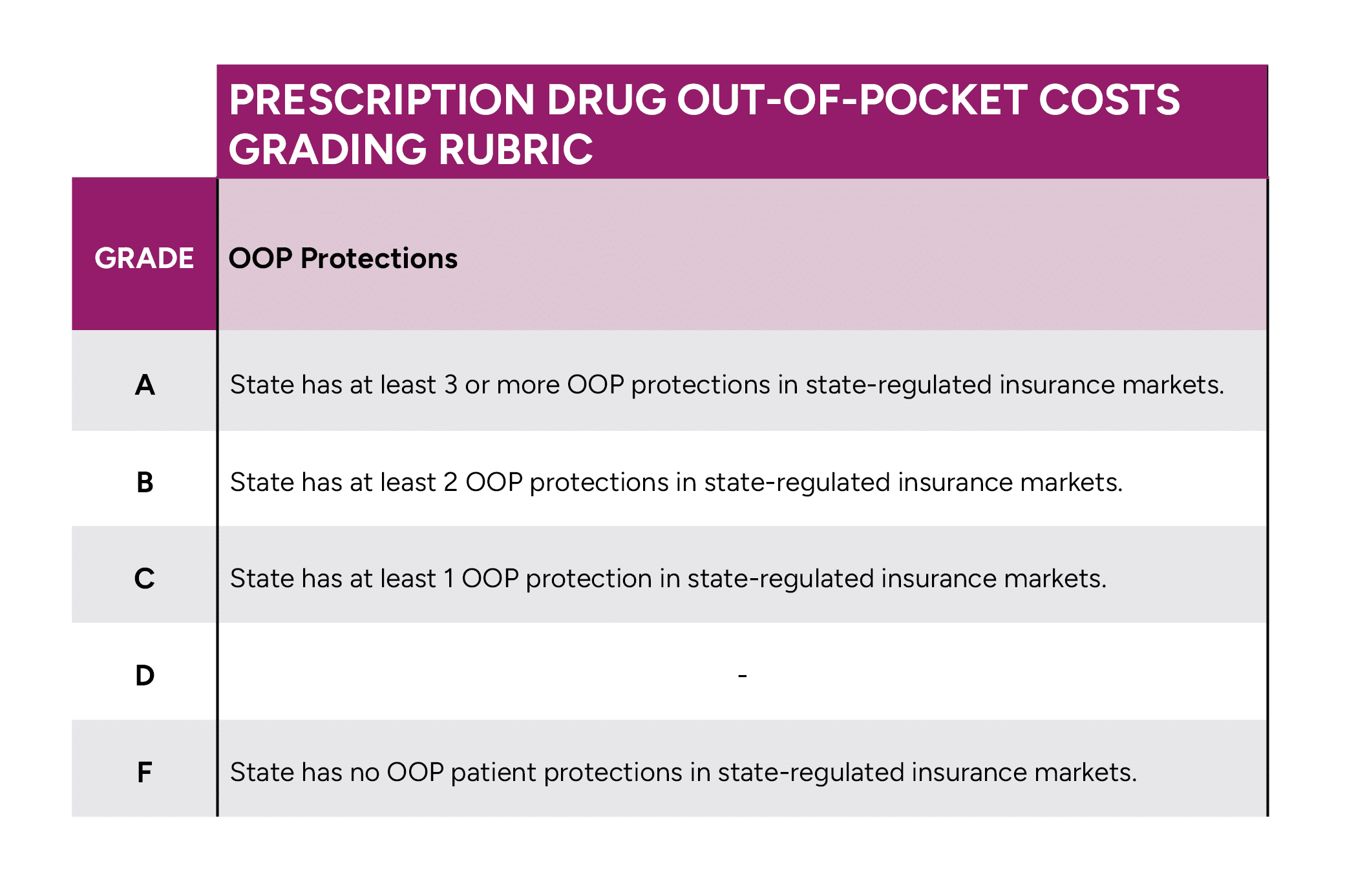NORD supports policies that reduce patient out-of-pocket expenses to enable better access to the therapies rare disease patients need
Innovative new treatments and scientific advancements are allowing many patients with rare diseases to live longer, healthier lives. Unfortunately, the cost of these medicines and other treatments can be prohibitive. NORD recognizes that the high cost of drugs has a direct impact on patient access and advocates for policies to lower patient out-of-pocket expenses and maximize access to needed therapies.
Trends in Out-of-Pocket Spending and Laws
A patient’s out-of-pocket costs are for medical care and therapies that are not covered or reimbursed by insurance and can include:
For many rare disease patients, out-of-pocket costs have grown significantly in recent years. Employers and insurance companies are increasingly shifting the cost of health care onto patients by raising premiums and deductibles as well as changing plan design.1 These actions can have grave consequences. Exorbitant out-of-pocket costs can force patients to go without needed medications or to use alternative treatments that are not as safe and effective. For example, according to KFF, 28% of all adults report difficulty affording their prescription drugs.2 Of those unable to afford their drugs, three in 10 say they have not taken their medicine as prescribed due to cost.3
In recent years, Congress and state legislatures have been exploring different ways to assist patients with increasingly high prescription drug costs with varying and to-be-determined impacts on a patient’s out-of-pocket spending. For example, in August 2022, President Biden signed into law the Inflation Reduction Act, which will limit the out-of-pocket prescription drug costs for Medicare Part D beneficiaries to $2,000 annually. However, that benefit will not begin until 2025 and is only applicable to Medicare beneficiaries who participate in the Part D program.4 Additionally, as of November 2023, eight states have established Prescription Drug Affordability Boards (PDABs) to try to address prescription drug costs but the impact on patient out-of-pocket costs in those states has yet to be determined as these PDABs are still being implemented.5
It is important to note that state lawmakers do not have authority over all forms of health insurance but, for the purposes of this report, the analysis of out-of-pocket cost protections focuses solely on state-regulated health insurance plans.
Grading Methodology
NORD evaluated state out-of-pocket patient protections on the following:
The greater the number of protections states have enacted from above, the higher their grade.

Click to enlarge
